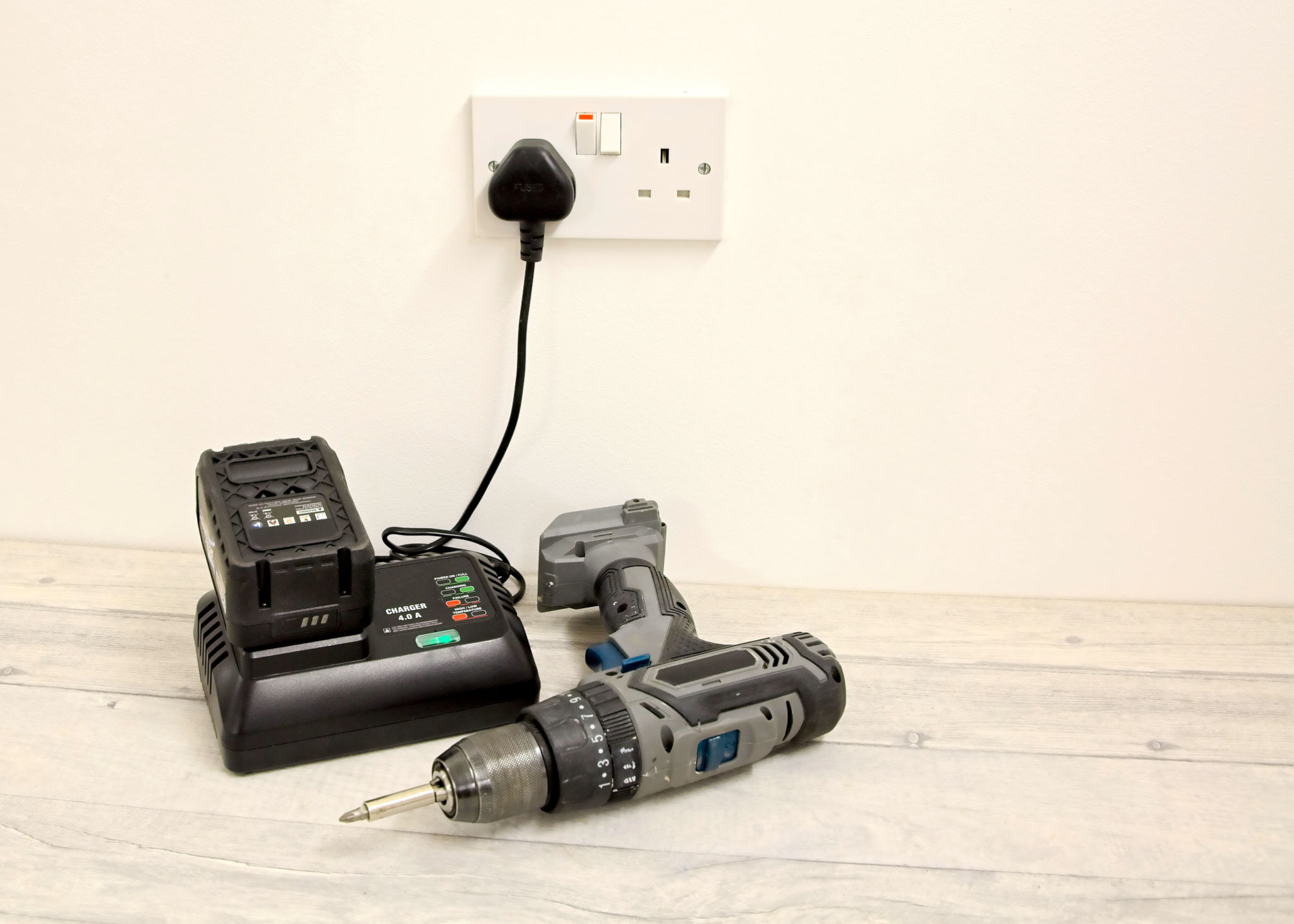The Essential Guide to Magnet Drills: Features, Uses, and Purchasing Tips
RR
Introduction to Magnet Drills
Magnet drills, also known as magnetic drills or mag drills, are powerful tools that combine the functionality of a drill press with the portability of a handheld drill. These specialized drills use a magnetic base to secure themselves to a metal surface, allowing for precision drilling in steel and other ferrous metals. They are indispensable in industries like construction, shipbuilding, and metal fabrication.

Key Features of Magnet Drills
When selecting a magnet drill, there are several key features to consider. The magnetic base is the heart of the tool, providing stability and precision. A strong magnet ensures the drill stays firmly in place during operation, minimizing the risk of movement and errors.
Another critical feature is the motor power. Depending on your needs, motors can range from 800 to over 2000 watts. More powerful motors are suitable for larger and deeper holes, while smaller motors are ideal for less demanding tasks.
Additional features include variable speed control, which allows for flexibility when working with different materials, and automatic feed mechanisms that can increase efficiency by automating the drilling process.

Common Uses of Magnet Drills
Magnet drills are versatile tools used in various applications. In the construction industry, they are often employed for tasks such as drilling holes in steel beams and girders, ensuring structural stability. In shipbuilding, they are used to attach metal plates and components securely.
Metal fabrication shops frequently use magnet drills for creating precise holes in metal sheets and pipes. Their portability makes them ideal for on-site work, where traditional drill presses would be impractical. These drills are also popular among DIY enthusiasts looking to tackle projects involving metalwork.

Purchasing Tips for Magnet Drills
When purchasing a magnet drill, consider the type of work you'll be doing. For heavy-duty projects, a drill with a powerful motor and a strong magnetic base is essential. For lighter tasks, a more compact model might be sufficient and easier to handle.
Another important factor is the drill's weight. Lightweight models are easier to transport and position, but heavier models may offer more stability during drilling. Also, check for additional features like safety mechanisms, which can prevent accidents during use.
Lastly, consider the brand reputation and customer reviews. Opt for brands known for durability and reliability, as well as those offering excellent customer support and warranty policies.

Conclusion
In conclusion, magnet drills are essential tools for anyone working with metal. By understanding their features, uses, and how to choose the right one, you can ensure you have the best tool for your needs. Whether for professional or personal projects, a good magnet drill can make a significant difference in efficiency and quality of work.
Remember to balance power and portability with your specific requirements, and don't hesitate to invest in a high-quality model that will serve you well for years to come. With the right magnet drill, precision and ease in metal drilling are just within your reach.